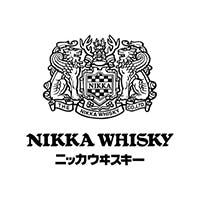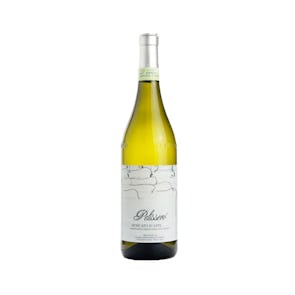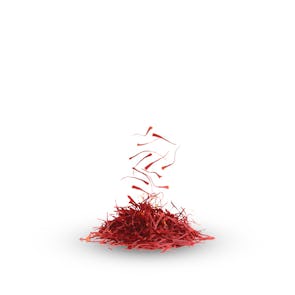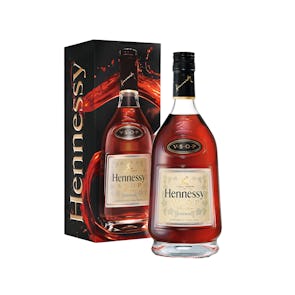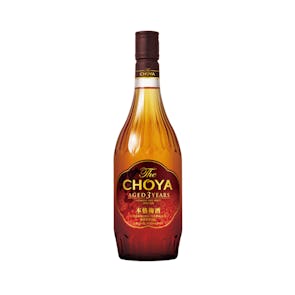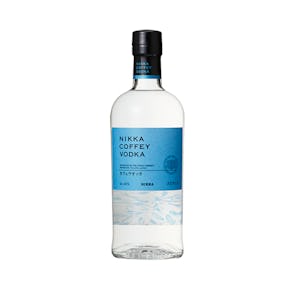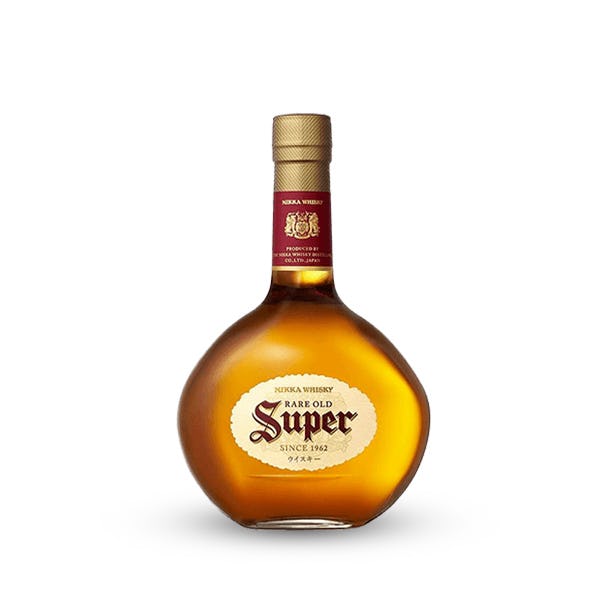
TASTING NOTES FROM THE CURATOR
The Nikka Super Rare Old Whisky was created in 1962 by Masataka Taketsuru, Nikka’s founder. He made it in honor of his wife, who died shortly before, and whose support was vital to making his dream to make genuine whisky in Japan come true.
Made with a blend of whiskies distilled in the Yoichi and Miyagikyo distilleries, it has an ABV of 43%. Smooth and mellow, it exudes aromas of dried herbs, spice, and roasted almonds. On the palate, it is light, with notes of honey and lemongrass, and hints of tarragon and oak. This incredible whisky finishes long and crisp.
PREPARATION AND PAIRINGS
The simplest way to relish the Nikka Super Rare Old Whisky is neat, with occasional cool water between sips to cleanse your palate. You can also add a small splash of water to your glass of whisky, which helps to open up the flavors.
A HARDWON BEGINNING
Masataka Taketsuru was born into a sake brewing family in Hiroshima. In 1918, he headed off to Scotland to realize his dream of learning the secrets to whisky making from the Scots themselves.
He enrolled in the University of Glasgow, and apprenticed in various Scottish distilleries before returning to Japan in 1920. After a few setbacks, he was hired by Kotobukiya Limited (Suntory) to direct the building of the Yamazaki Distillery. He devoted that time to learning to make the first genuine Japanese whisky.
When his 10-year contract ended, he became independent and built his first distillery in Yoichi, Hokkaido, where the environmental conditions were similar to Scotland. While perfecting his whisky, the company sold apple products under the name “Dai Nippon Kaju.”
In 1940, the first whisky was launched under NIKKA WHISKY. Masataka Taketsuru is hailed as the Father of Japanese Whisky, and the notebooks he wrote in when he was in Scotland became Japan’s first guide to whisky production.
Storage Instructions
Store your bottle of gin upright in a cool, dark place, ideally between 13 and 16°C. Higher temperatures will affect its flavor and alter its taste. If you prefer to drink your gin cold all the time, you may keep it in the freezer, as its ABV percentage prevents it from freezing. Unopened bottles can last for an indefinite amount of time, but the closer you get to the bottom third of the bottle, please consume quickly to prevent oxidation and taste alteration.

